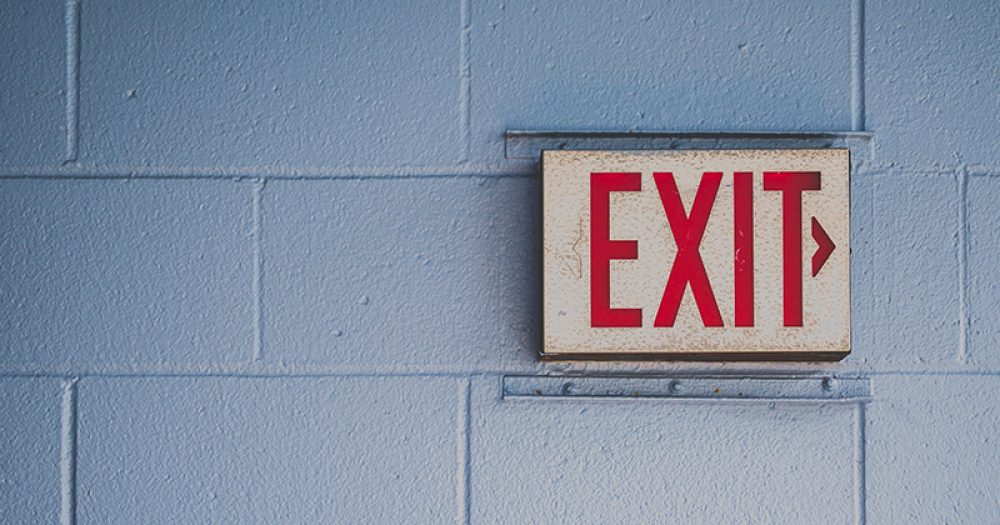Pupil suspensions across state schools in England rose by 13 per cent during the second year of the pandemic, but permanent exclusions continue to fall.
Government data published on Thursday shows there were 352,454 suspensions from schools in the 2020-21 academic year, up from 310,733 the previous year.
Meanwhile, permanent exclusions fell to the equivalent of five in every 10,000 pupils, from 5,100 to 3,900 (a 24 per cent drop) in the same timeframe.
Both school years were impacted by the pandemic, with the spring term in 2020-21 again disrupted by lockdown measures meaning that only key worker and vulnerable children were able to attend school.
Neither exclusions nor suspensions are back up to pre-pandemic levels, with 7,900 permanent exclusions and 428,300 suspensions in 2018-19.
Breaching Covid rules cited in 12,000 suspensions
In the last academic year, schools were able to record several new reasons for suspending or excluding children, as well as to record up to three reasons for each decision.
One of the new recordable reasons for the punishment was the “wilful and repeated transgression” of national Covid measures, cited in 12,888 of suspensions and 77 exclusions.
But the most common reason recorded for both exclusions and suspensions was persistent disruptive behaviour – cited in 39 per cent of all permanent exclusions and 42 per cent of suspensions.
This was followed by physical assault against a pupil, a factor in 900 exclusions and 73,229 suspensions.
Gypsy and Roma children still have highest exclusion rate
Older pupils continue to make up the majority of children facing exclusions and suspensions, with the increase in suspensions driven predominantly by a 17 per cent rise at secondary level.
Gypsy and Roma pupils continued to have the highest rate of permanent of exclusions and suspensions, as in the two previous academic years (2019-20 and 2018-19).
The rate of exclusions for Gypsy and Roma pupils was 18 in every 10,000 pupils, versus 1,500 in every 10,000 for suspensions.
Pupils of mixed White and Black Caribbean ethnicity had the second highest rate of permanent exclusion, at 12 in every 10,000. Those from Traveller or Irish Heritage ethnic groups had the second highest rate of suspension at 1,122 in every 10,000.
The number of independent reviews lodged by parents and pupils aged over 18 over permanent exclusions in 2020-21 fell by 23 per cent from 2019-20, from 430 to 330.
It also made up just less than half the number seen in the last pre-pandemic academic year and is in line with the overall decrease in exclusions. The number of exclusions upheld at the panel grew to 59 per cent, from 55 per cent in 2019-20.
Figures come amid changing approaches to exclusions
The new figures follow the recent publication of the DfE’s response to a consultation on changes to behaviour and exclusions guidance, which was launched in February.
Plans to ban headteachers from cancelling exclusions or suspensions once they have begun have been scrapped, after respondents pointed out that such a move could lead to a “lack of flexibility” if additional information in an investigation came to light, potentially leading to unjust exclusions.
A three-day deadline for heads to notify parents of a suspension or exclusion was also abandoned because respondents said the period was too long and could lead to parents “not knowing the child’s whereabouts”.
It also comes as Southwark council became the first local authority in the UK to introduce a “zero exclusions” behaviour policy. Under its charter, schools will take a “trauma-based” approach, such as providing therapy to pupils to keep them in classrooms.
But a row has ensued over the approach, with 22 members of the Southwark Association of Secondary Headteachers refusing to sign up to the charter over concerns about safeguarding and educating other pupils.
Tom Bennett, the government’s behaviour tsar has also attacked the policy, claiming that exclusions were a “necessary part” of ensuring all children have the right to “safe, dignified learning”.















So permanent exclusions are down but suspensions are up which is not good news. This data does not include the 1000s of pupils on part time timetables, some of which have been in place for months or even years. They are not always reported to local authorities which is a safeguarding time bomb. There are a lot of creative and innovative ways to exclude pupils short of permanently excluding them.